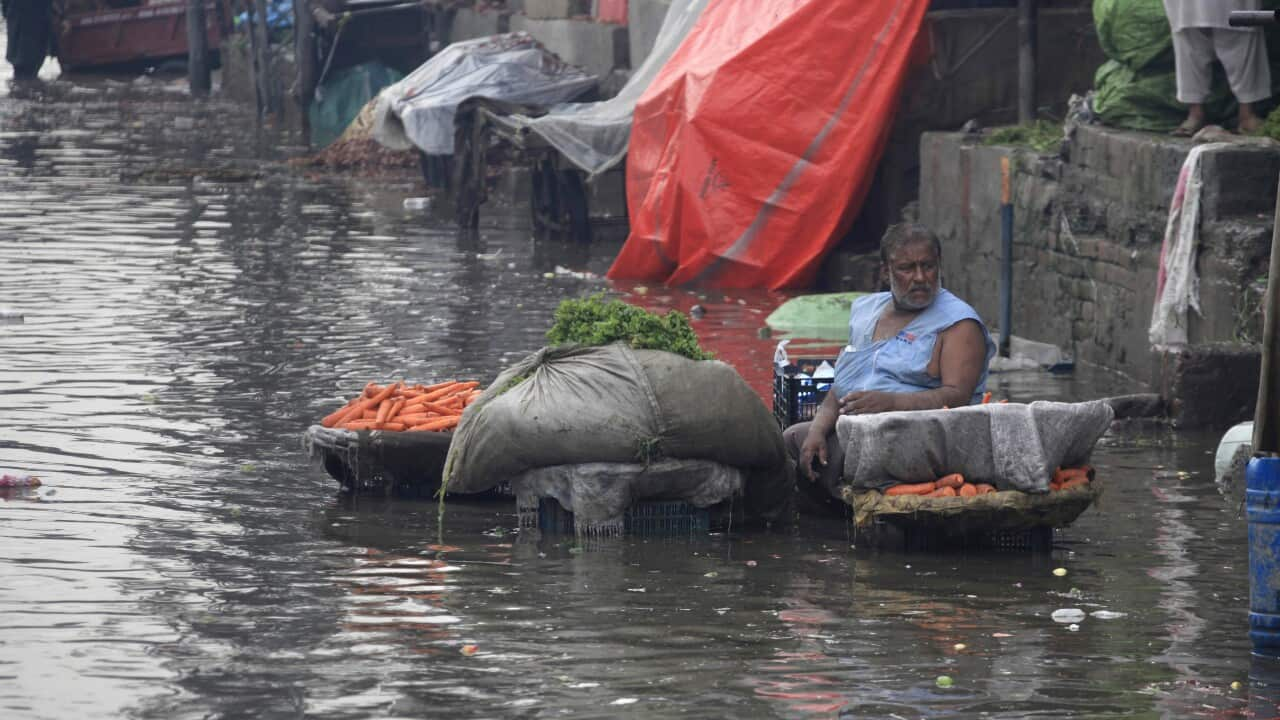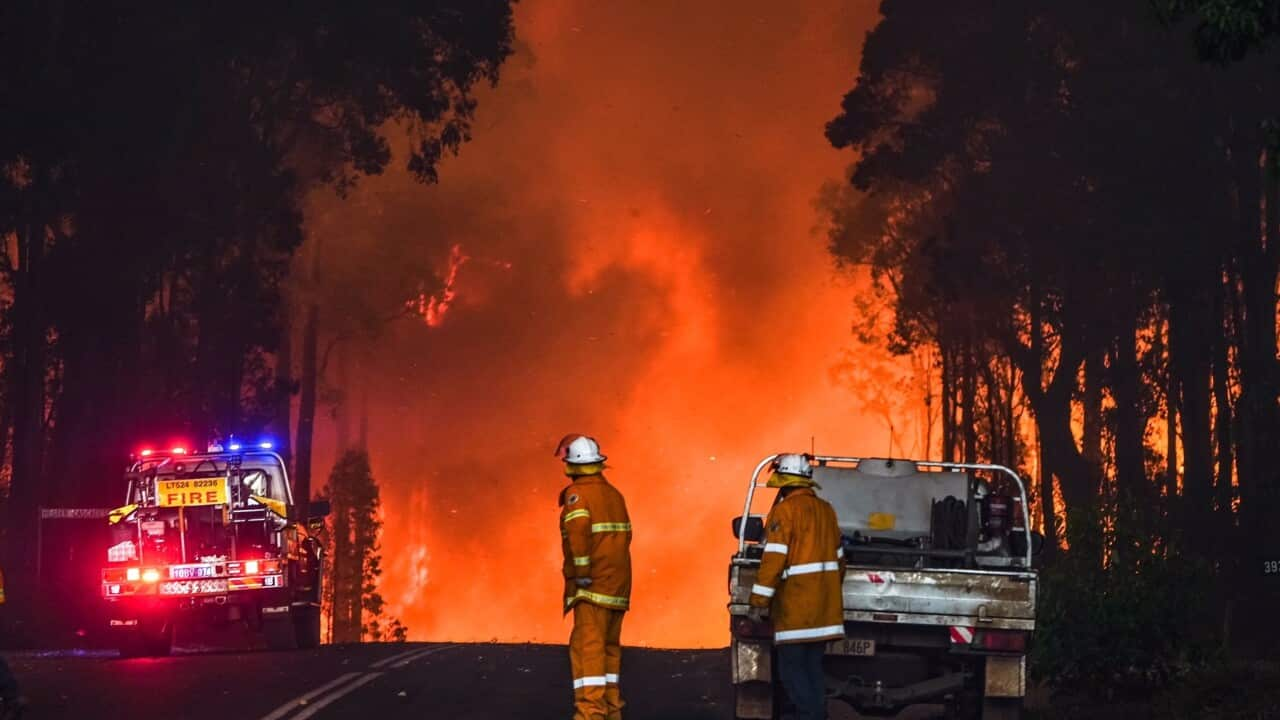The death toll from monsoon flooding in Pakistan since June has reached 1,033, according to figures released on Sunday by the country's National Disaster Management Authority (NDMA).
It said 119 people had died in the previous 24 hours as heavy rains continued to lash parts of the country.
Officials say this year's monsoon flooding has affected more than 33 million people— one in seven Pakistanis — destroying or badly damaging nearly a million homes.
The crisis has forced the government to declare a state of emergency.
Sindh braces for deluge from swollen northern rivers
Pakistan's flooded southern Sindh province braced Sunday for a fresh deluge from swollen rivers in the north.
The mighty Indus River that courses through Pakistan's second-most populous region is fed by dozens of mountain tributaries to the north, but many have burst their banks following record rains and glacier melt.
Officials warned torrents of water are expected to reach Sindh in the next few days, adding misery to millions already affected by the floods.
"Right now, Indus is in high flood," said Aziz Soomro, the supervisor of a barrage that regulates the river's flow near Sukkur.

Army troops evacuate people from a flood-hit area in Rajanpur, district of Punjab, Pakistan, on Saturday, 27 August 2022. Source: AAP / AP
The NDMA said more than two million acres of cultivated crops have been wiped out, 3,451 kilometres (2,150 miles) of roads destroyed, and 149 bridges washed away.
"I have never seen such huge flooding because of rains in my life," octogenarian farmer Rahim Bakhsh Brohi said near Sukkur, in southern Sindh province.
Like thousands of others in rural Pakistan, Mr Brohi was seeking shelter beside the national highway, as the elevated roads are among the few dry places in the endless landscapes of water.
Climate Change Minister Sherry Rehman, who called the floods "a catastrophe of epic scale", said the government had declared an emergency and appealed for international assistance.
In response to an appeal for international aid, the United Nations planned a $232 million flash appeal for donations, according to Foreign Ministry spokesman Asim Iftikhar.
He said in his weekly briefing on Friday that the appeal will be launched on 30 August.
From drought to floods
Pakistan is eighth on the Global Climate Risk Index, a list compiled by the environmental NGO Germanwatch of countries deemed most vulnerable to extreme weather caused by climate change.

According to the National Disaster Management Authority, flash floods have killed nearly 1,000 people, including more than 300 children, across Pakistan since mid-June 2022. Source: AAP / EPA
The city is now grappling with floods that have inundated homes and swept away roads and bridges.
In Sukkur, about 75 kilometres away, residents struggled to make their way along muddy streets clogged with flood-borne debris.
"If you had come earlier the water was this high," 24-year-old student Aqeel Ahmed said, raising his hand to his chest.
Premier Sharif cancelled a planned trip to Britain to oversee the flood response, and ordered the army to throw every resource into relief operations.
"I have seen from the air and the devastation can't be expressed in words," he said on state TV after visiting Sukkur.
"The towns, villages and crops are inundated by the water. I don't think this level of destruction has taken place before."
A national fundraising appeal has been launched, with Pakistan's military saying every commissioned officer would donate a month's salary towards it.
The worst-hit areas are Balochistan and Sindh in the south and west, but almost all of Pakistan has suffered this year.

A boy stands in his partially damaged home caused by flooding after heavy rains, in Jaffarabad, southwestern Baluchistan province, on Friday, 26 August 2022. Source: AAP / AP
Junaid Khan, deputy commissioner of Swat district in Khyber Pakhtunkhwa province, said that 14 riverside hotels had been swept away, along with two small hyrdopower stations.
In Chaman, the western frontier town neighbouring Afghanistan, travellers had to wade through waist-high water to cross the border after a nearby dam burst, adding to the deluge brought by rain.
Pakistan Railways said nearby Quetta, capital of Balochistan province, had been cut off and train services suspended after a key bridge was damaged by a flash flood.
Most mobile networks and internet services were down in the province, with the country's telecoms authority calling it "unprecedented".



